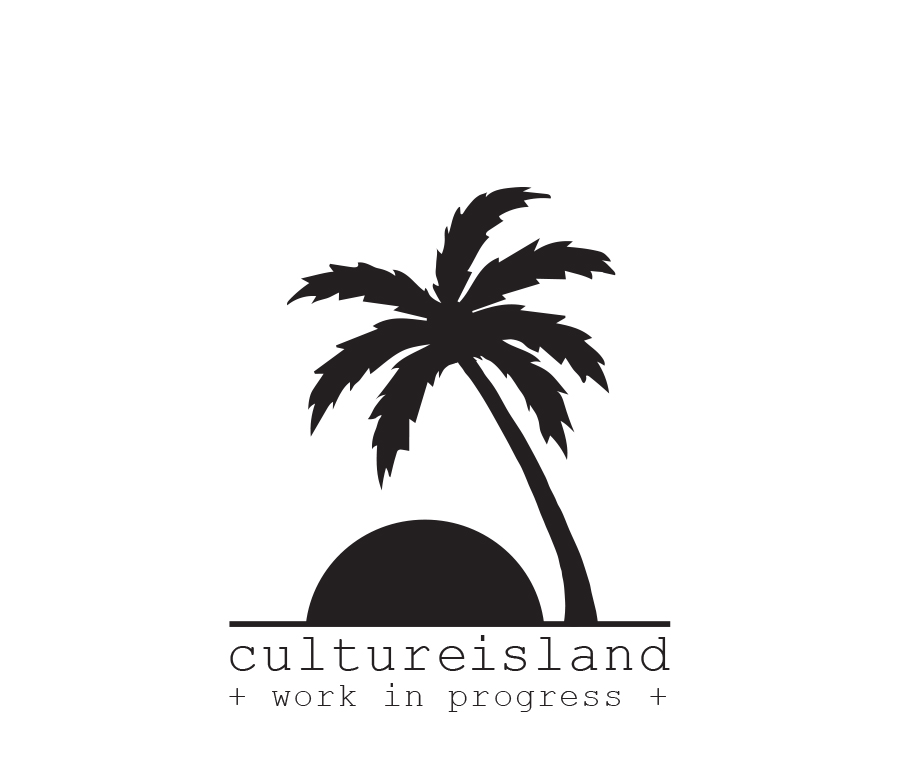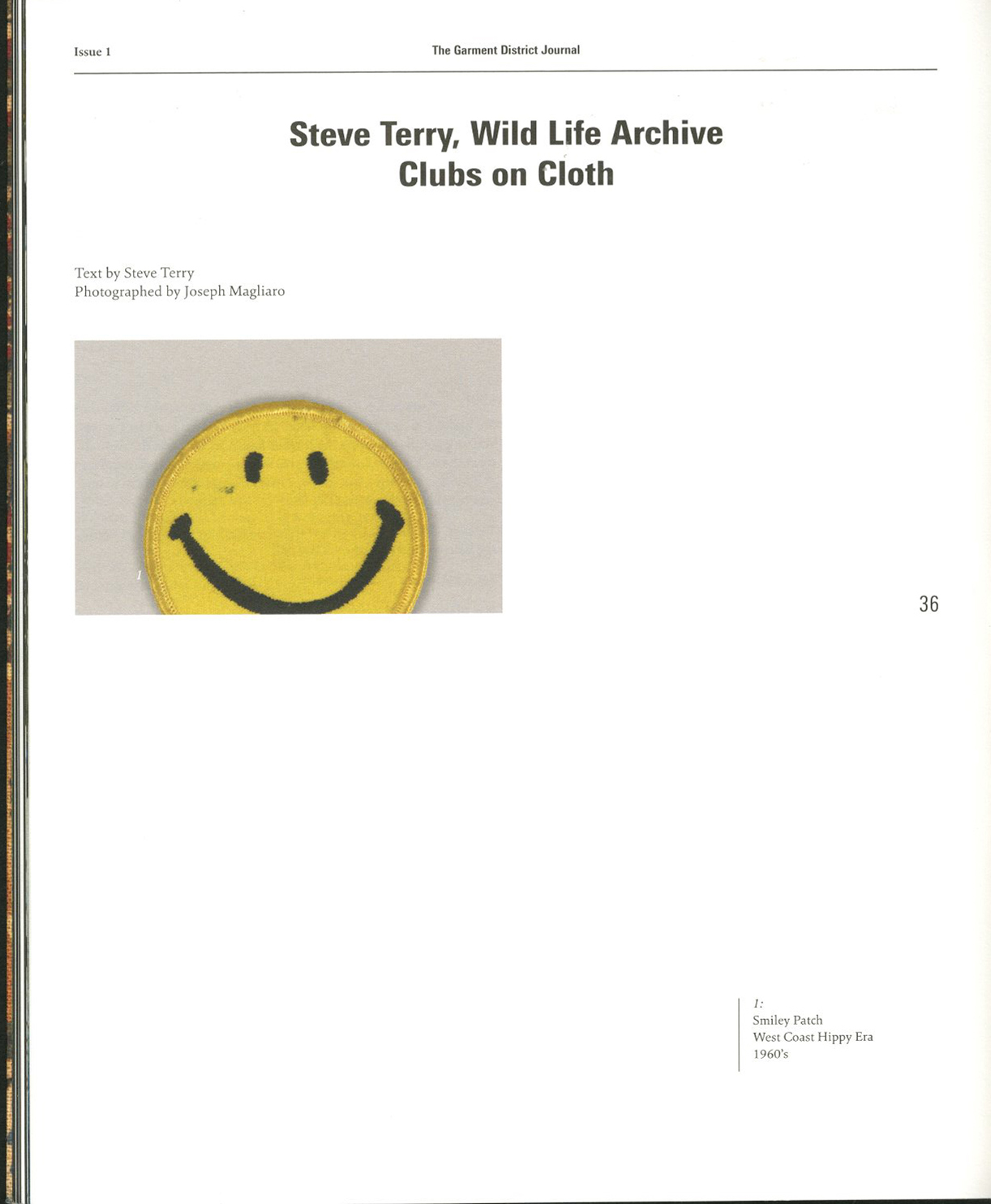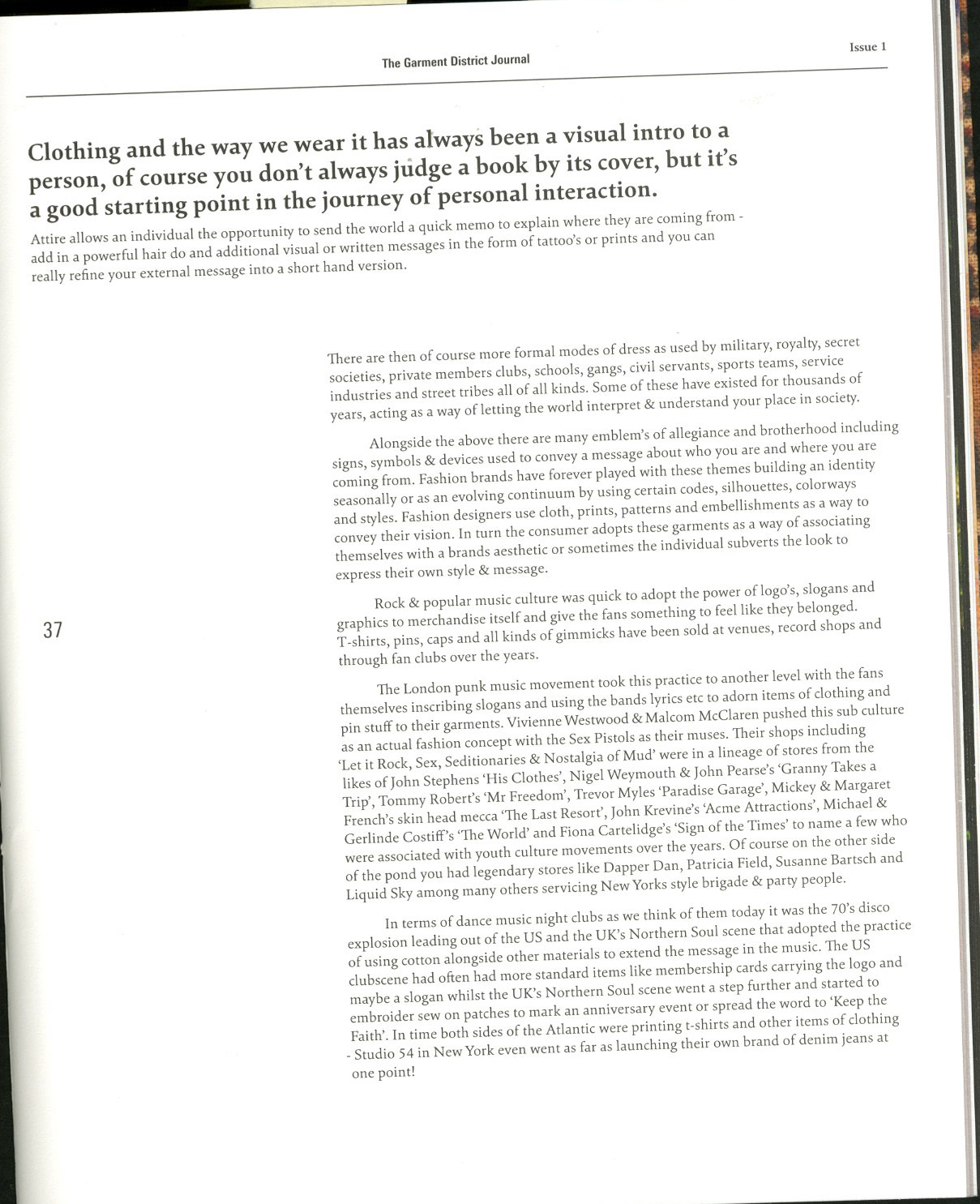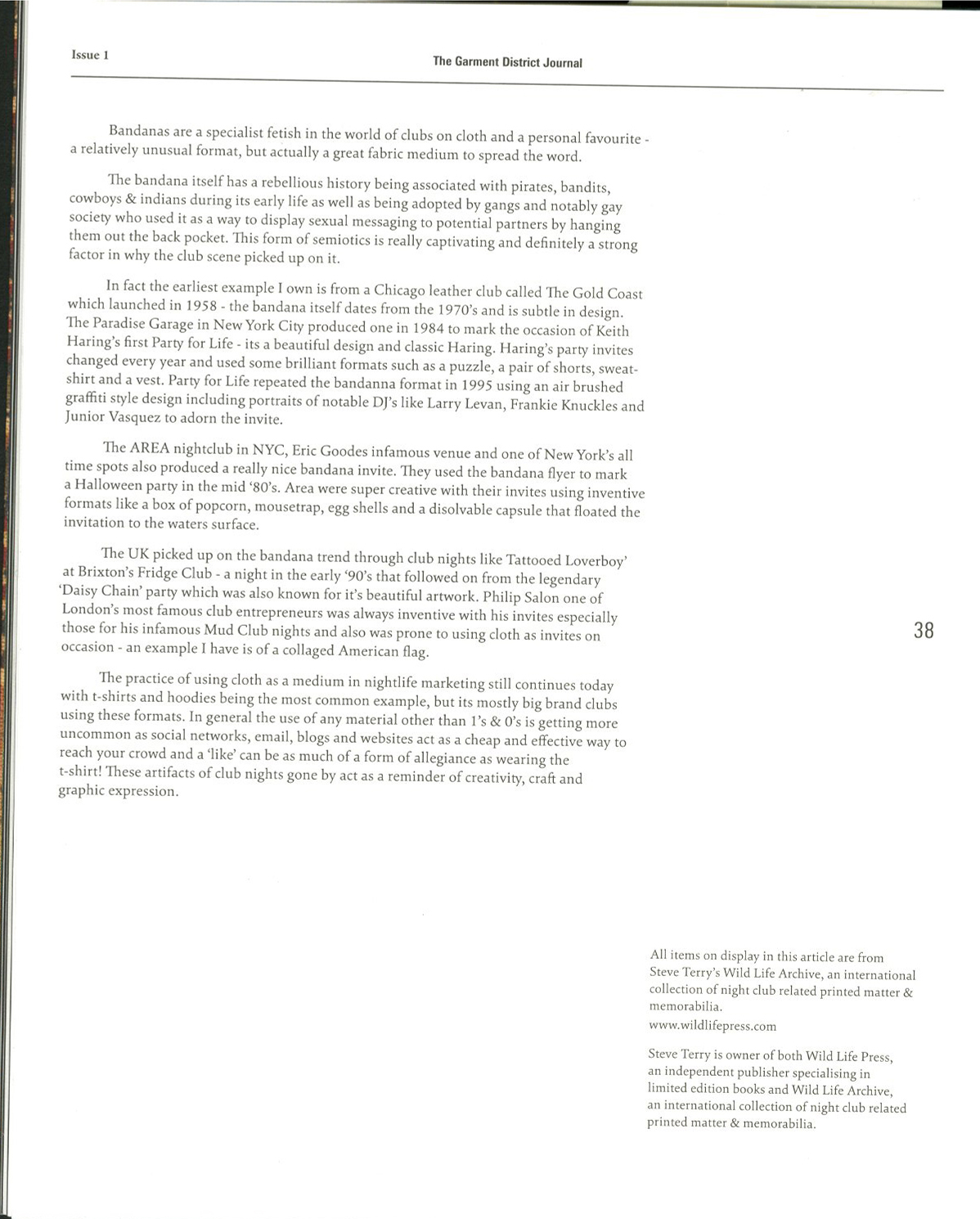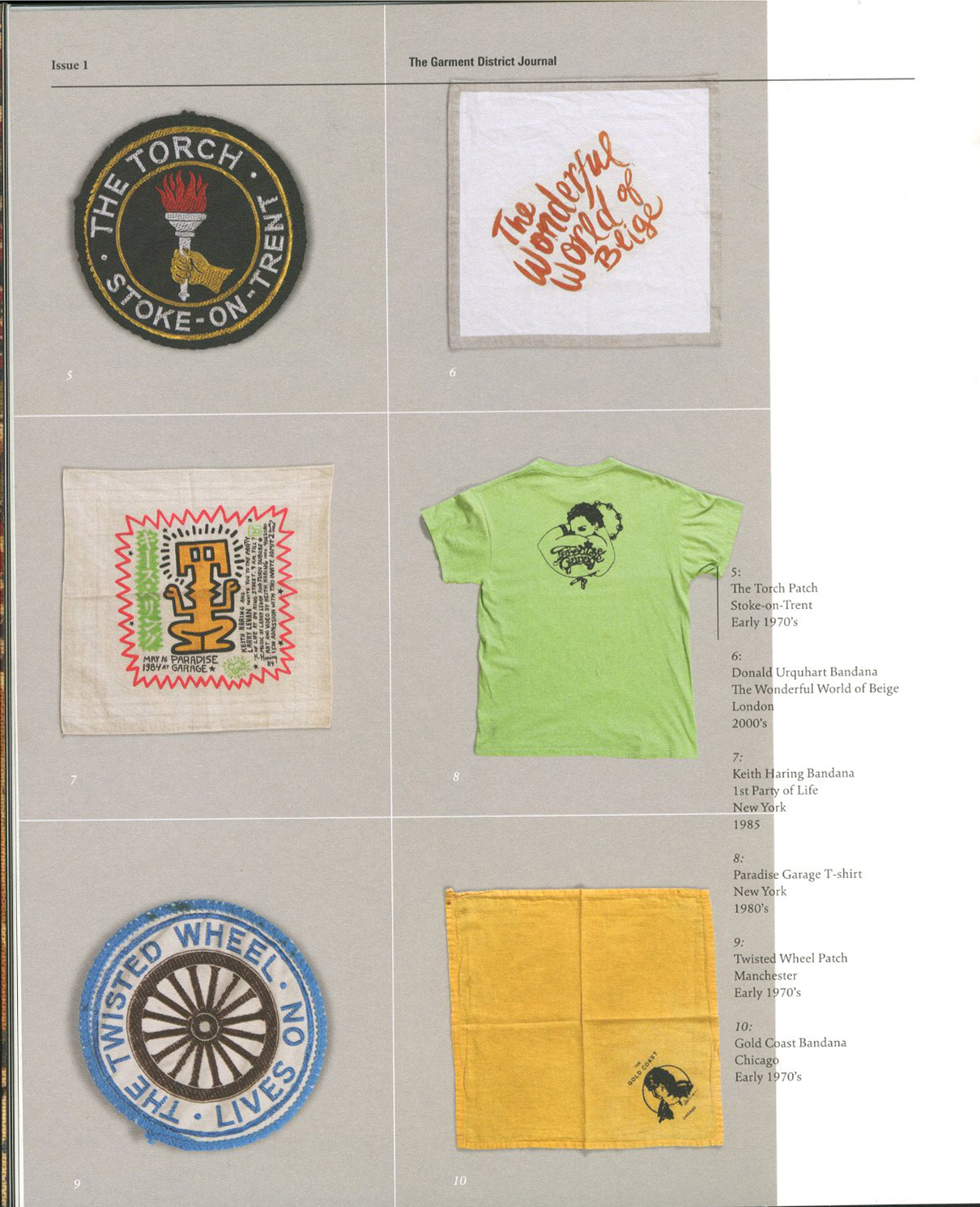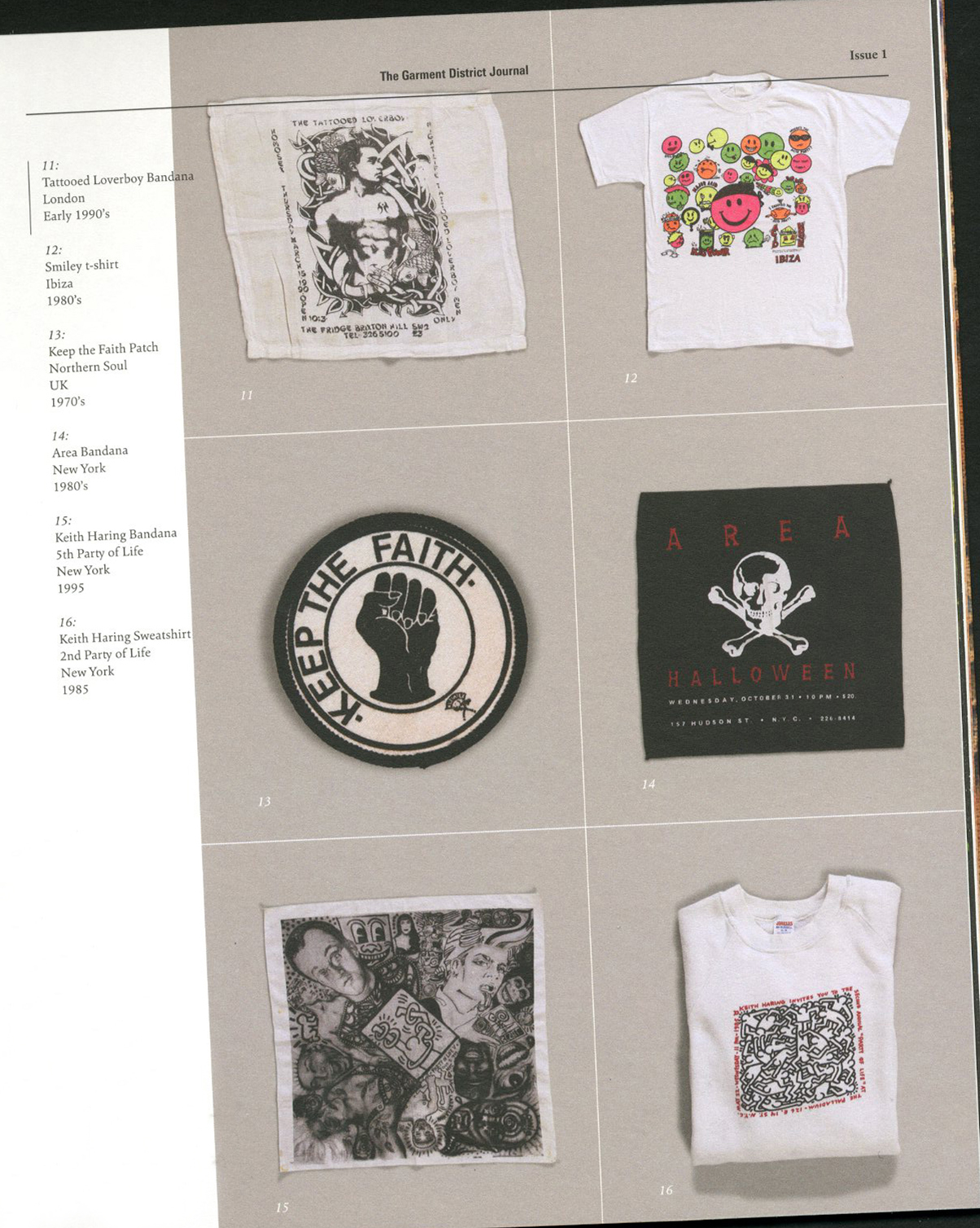1 // worn stories by emily spivak is a collection of stories about clothing and memory featuring accounts from sixty cultural figures including andy spade, simon doonan and cynthia rowley. (new york times article here // npr interview here)
excerpt // from david carr's memoir (p. 27-28):
"and then i saw one -- extra large, thank god -- in which the classic new york script had been misprinted upside down. i knew what to do. i turned to the guy running the shop and said, "this one is a misprint. i'll give you three bucks." he said nothing, but nodded. i paid in two crumpled bills and quarters, ducked behind a rack, and put it on. as soon as i stepped out on the street, people stared. i got on the c train to 23rd, and a kid next to me stared at the logo over my burgeoning middle-aged middle section and said, "i like your shirt." "thanks, man. three bucks."
whenever i wear the shirt in new york, waitresses, bartenders, cab drivers, they all say nice things about the shirt and ignore the fact that the rack it's hanging on could use some work. when i travel, which is fairly often, and wear the shirt, which is less often, nobody ever says anything. i like that about my shirt: it is something that is intuitively understood in the city, as we insufferable locals call it, and is baffling to others, akin to many other aspects of living in new york.
i day dreamed for a while about getting some pals of wife in the clothing business to crank out a few hundred. i even had a slogan for the back: "turning new york upside down one shirt at a time" but then someone in the business explained to me you couldn't trademark the idea of turning lettering someone else created upside down. so i just wear mine instead.
it won't last. it's white, for one thing, and a series of small food and beverage disasters have already begun to dapple its surface. one day, it will acculumate enough stains and history soo that it will mysteriously disappear from my drawer. i will miss it."
2 // women in clothes by sheila heti, heidi julavits + leanne shapton features original interviews, conversations, surveys, projects, diagrams and drawings by over six hundred and thirty women, including lena dunham, molly ringwald and cindy sherman. (new york times article here // npr interview here).
